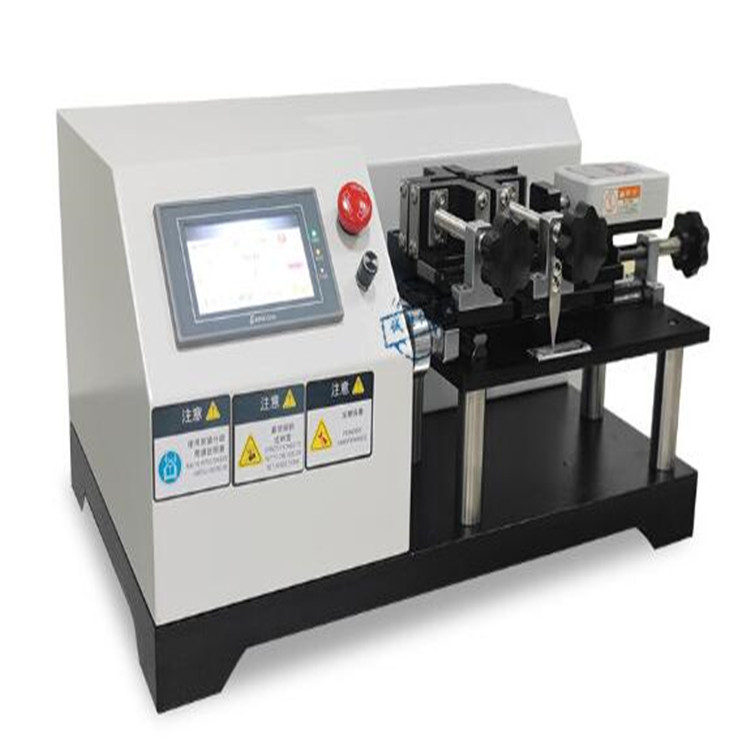Scott rolling tester
Scott Rolling Tester: Advanced Material Durability Assessment
The Scott rolling tester is a specialized device designed to evaluate the rolling friction, wear resistance, and durability of materials such as paper, film, and nonwovens. This article outlines its applications, technical specifications, operational principles, and compliance with industry standards, providing insights for material scientists and quality control professionals.
Applicable Standards
The tester adheres to standards like TAPPI T 548 (paper friction), ISO 15361 (film durability), and custom protocols, ensuring reliable testing for diverse industries. It supports R&D and QC in packaging, automotive, and consumer goods sectors.
Main Parameters
| Parameter | Specification |
|---|---|
| Roller Pressure | 50–500 kPa (adjustable) |
| Rotation Speed | 10–100 rpm (programmable) |
| Test Duration | 1–9999 cycles (customizable) |
| Sample Size | Up to 300 mm × 300 mm |
| Load Cell Accuracy | ±0.5% of full scale |
Working Principle
The tester uses a weighted roller to apply controlled pressure on a material sample. As the roller rotates, friction generates wear patterns, which are monitored via sensors. Software analyzes surface damage, tear strength, and debris generation to assess durability.
Test Principle
Friction Simulation: Replicates real-world rolling contact with adjustable pressure and speed.
Damage Quantification: Measures material degradation through optical sensors or weight loss analysis.
Performance Ranking: Results guide material optimization for enhanced lifespan and reliability.
This tester enables manufacturers to develop robust materials, reducing failures in applications like conveyor belts, packaging, and industrial fabrics. Its versatility and compliance with global standards make it a cornerstone tool for material durability testing.


